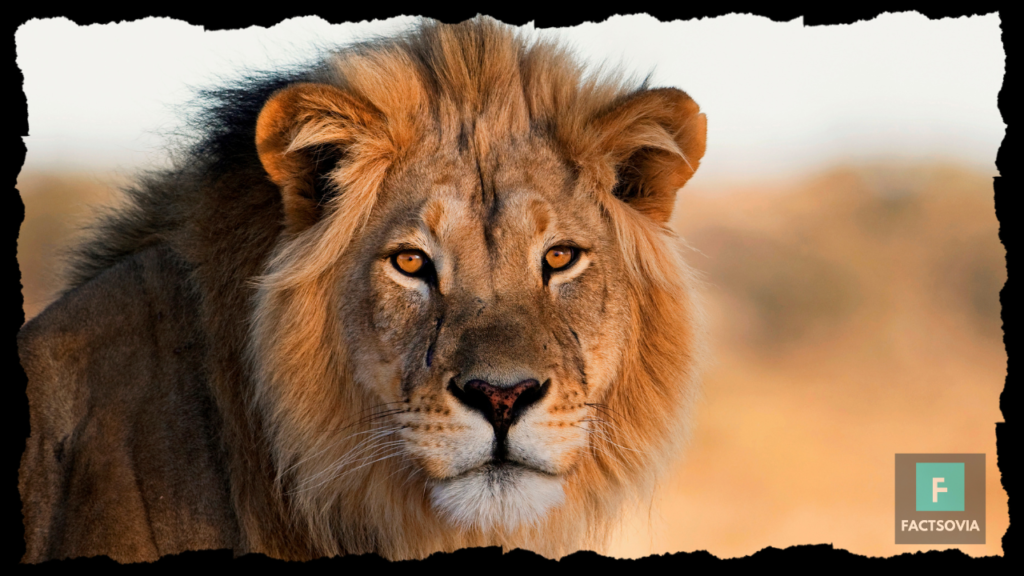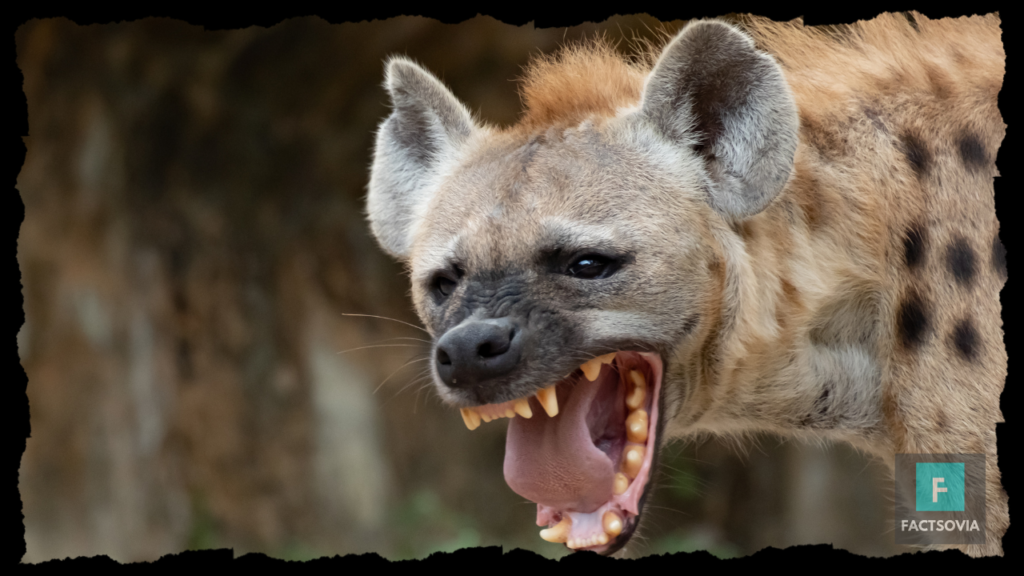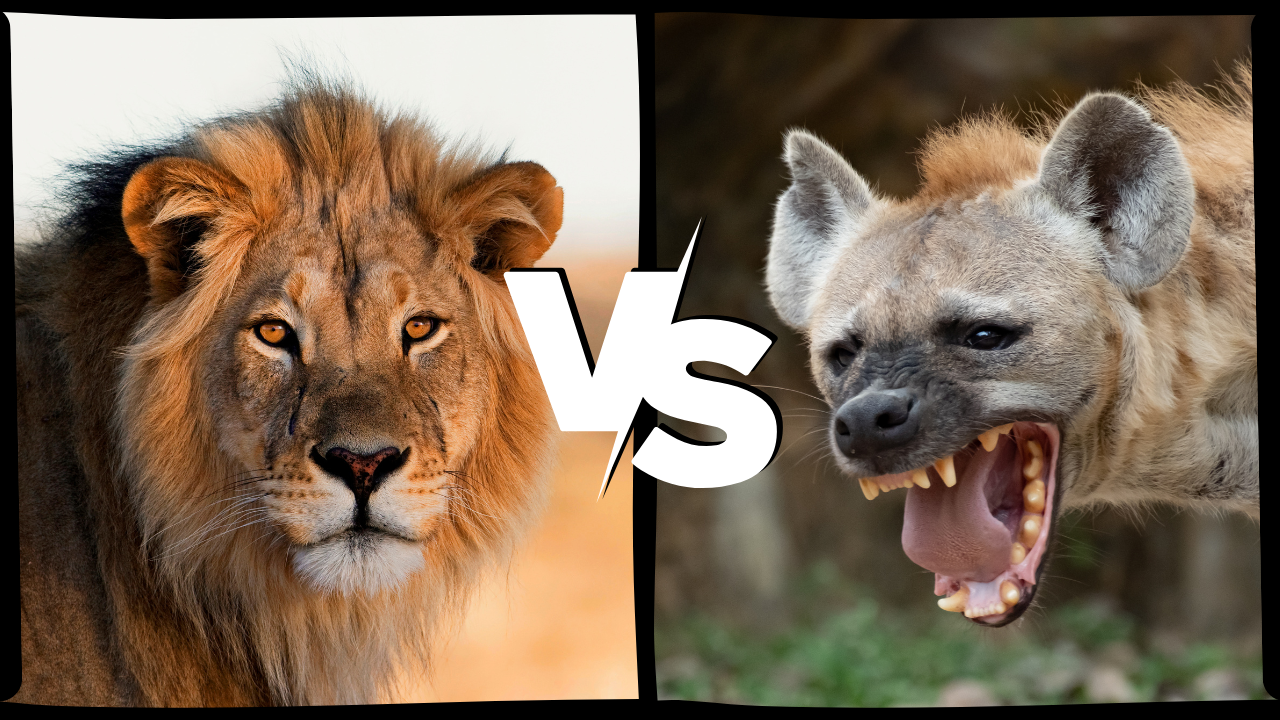We use affiliate links to run our site. When you buy through links on our site, we may earn an affiliate commission, without any added cost to you. Learn more
Lions and hyenas, both iconic predators of the African savannah, have long fascinated wildlife enthusiasts and researchers alike. These fierce competitors, known for their prowess and cunning, share an intricate relationship, raising the intriguing question: Do lions eat hyenas, or do hyenas eat lions?
Understanding the feeding dynamics between these two formidable species is crucial in unraveling the complex web of predator-prey interactions.
In this article, we delve into the fascinating world of lions and hyenas, exploring their hunting strategies, social structures, and the factors that determine whether they become adversaries or avoid each other altogether.
Join us on this captivating journey as we shed light on the predator-prey relationship between lions and hyenas, unraveling the mysteries of the African wilderness.
Lion Behavior and Diet

Lions are social animals that live in prides of up to 40 individuals. The pride is made up of related females, their cubs, and a few adult males. The males are responsible for defending the pride’s territory, while the females do most of the hunting.
Lions are ambush predators, meaning that they stalk their prey and then attack it from behind. Once they have made a kill, the lions will eat their fill and then share the rest of the carcass with the rest of the pride.
Lions are carnivores and their diet consists mostly of large ungulates, such as zebras, wildebeest, and antelope. They will also eat smaller animals, such as rodents, birds, and reptiles.
Here is the full list of what a lion eats.
Hyena Behavior and Diet:

Hyenas are scavengers, which means that they eat dead animals. However, they are also opportunistic predators, which means that they will sometimes hunt and kill live animals.
Hyenas are very strong and have powerful jaws. They can even break the bones of their prey. Hyenas are carnivores and their diet consists mostly of carrion.
However, they will also hunt and kill live animals, such as zebras, wildebeest, and antelope.
Interactions between Lions and Hyenas:
Lions and hyenas compete for the same prey, such as zebras, wildebeest, and antelopes, and often clash over carcasses or territory.
Lions are bigger and stronger than hyenas, but hyenas have an advantage in numbers and cooperation. Sometimes, lions will kill hyenas to reduce competition or assert dominance.
Hyenas have a less picky diet and will scavenge anything they can find, including dead lions. However, hunting a live lion is very risky and requires a large group of hyenas to overpower it. Hyenas usually target weak or young lions and avoid adult males.
Do lions eat hyenas?
The answer is not simple. In some cases, lions will kill and eat hyenas. This is usually done as a way to eliminate competition for food.
However, lions do not typically eat hyenas as a regular part of their diet. In fact, hyenas are considered to be a poor source of food for lions. This is because hyenas have a strong, unpleasant odor that lions find off-putting.
There are a few exceptions to this rule. For example, old or sick lions may be more likely to eat hyenas, as they may be unable to catch and kill more desirable prey.
Sometimes, lions may eat hyenas if they are desperate for food. For example, if a pride of lions has not been able to catch any prey for a long period of time, they may resort to eating hyenas.
Overall, it is rare for lions to eat hyenas. However, it does happen on occasion. This is usually due to competition for food or desperation.
do hyenas eat lions?
The answer is yes, but it is not very common. Hyenas are scavengers, which means that they eat dead animals. However, they are also opportunistic predators, which means that they will sometimes hunt and kill live animals.
Lions are a natural prey item for hyenas, but they are also much larger and stronger than hyenas. As a result, hyenas typically only attack lions that are young, old, or sick.
There have been a few cases where hyenas have killed and eaten lions. In one study, researchers found that hyenas had killed and eaten at least 10 lions over a period of 10 years.
However, this is still a very rare occurrence. In most cases, lions and hyenas coexist peacefully. They may even share kills with each other.
So, while it is possible for hyenas to eat lions, it is not very common. Lions are much larger and stronger than hyenas, and they are typically able to defend themselves. However, hyenas are opportunistic predators, and they will sometimes attack lions that are young, old, or sick.
Some Interesting Facts about Lions and Hyenas:
- Lions are the second largest cats in the world, after tigers.
- Hyenas are the largest of the hyena family, which also includes striped hyenas, spotted hyenas, and brown hyenas.
- Lions are social animals that live in prides of up to 40 individuals.
- Hyenas are solitary animals, except for when they are breeding.
- Lions are carnivores that eat a variety of prey, including zebras, wildebeest, antelope, and even other lions.
- Hyenas are also carnivores, but they eat a wider variety of prey than lions. They will eat anything from insects to carrion.
- Lions and hyenas are often seen as rivals, but they can also coexist peacefully. For example, lions and hyenas have been known to share kills.
Final Thoughts:
Lions and hyenas can eat each other, but it is not a common occurrence. They are more likely to kill each other for reasons other than food, such as survival, competition, or dominance.
If you like the post share it with fellow wildlife enthusiasts and those curious about the natural world. By sharing, we can spread knowledge and ignite conversations about the fascinating interplay between lions and hyenas.
If you’re hungry for more captivating articles on wildlife and the wonders of nature, be sure to explore the other engaging content available on our site.
You’ll discover a treasure trove of information that will satisfy your curiosity and deepen your understanding of the animal kingdom.
Amazon and the Amazon logo are trademarks of Amazon.com, Inc, or its affiliates.
